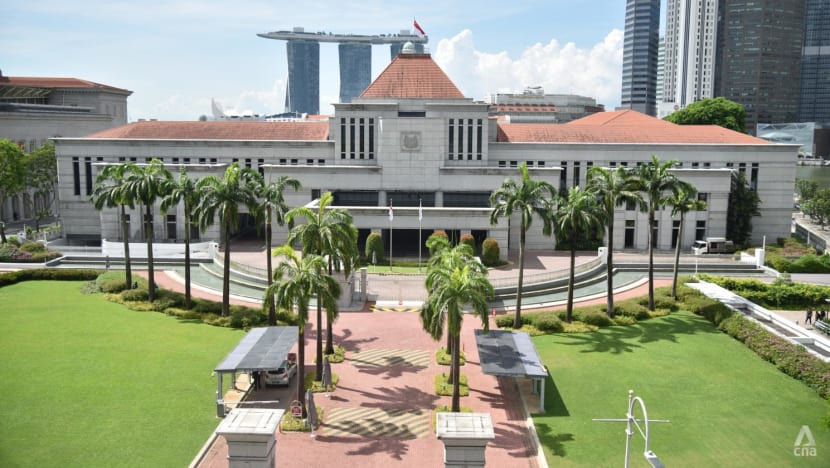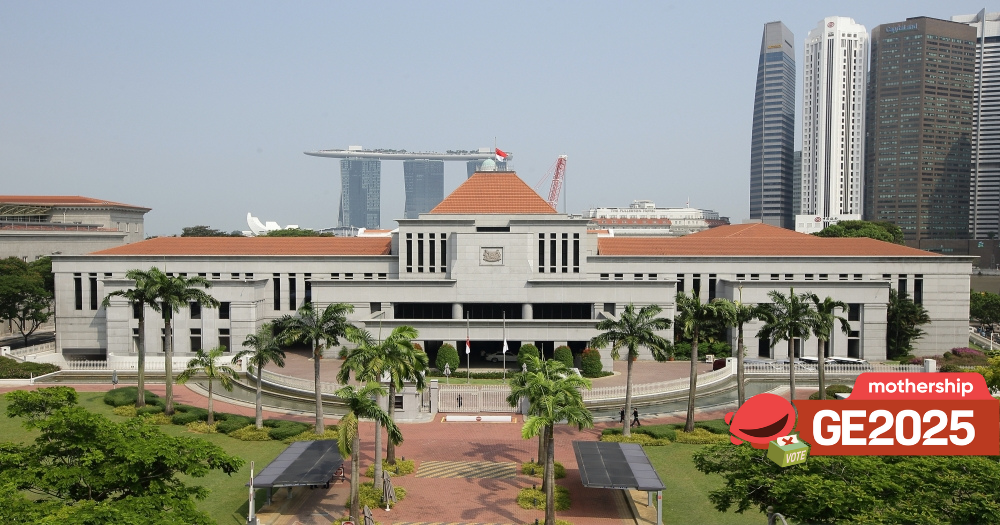- Joined
- Oct 5, 2012
- Messages
- 19,002
- Points
- 113
GE2025: Parliament dissolved ahead of General Election; Nomination Day on Apr 23
The upcoming General Election will be the first under Prime Minister Lawrence Wong and Singapore's fourth-generation or 4G leadership team.
A view of Parliament House in Singapore. (File photo: CNA/Syamil Sapari)
SINGAPORE: President Tharman Shanmugaratnam dissolved parliament on Tuesday (Apr 15), paving the way for Singapore's 14th General Election.
Nomination Day will be on Apr 23, the Prime Minister's Office announced.
A Writ of Election is expected to be issued shortly, specifying the date of Polling Day. It will also contain information for MP hopefuls, such as the election deposit and documents required.
The upcoming contest will be the first under Prime Minister Lawrence Wong and Singapore's fourth-generation or 4G leadership team. Mr Wong took over the reins in May last year.
Under the Singapore system, Cabinet ministers do not vacate their roles after parliament is dissolved, and continue with their responsibilities until the first sitting of the next parliament.
SECOND LONGEST PARLIAMENT
The 14th Parliament, which began on Aug 24, 2020, was the second longest in Singapore’s history.It also concluded its term with the highest number of vacant seats since independence, following the departure of six MPs for various reasons.
The upcoming election could feature candidates from 11 parties, including two opposition alliances.
The ruling People’s Action Party will likely be challenged for all 97 seats across the 18 Group Representation Constituencies and 15 Single Member Constituencies.
The opposition camp has contested all seats since the 2015 polls. In 2020, two opposition parties - the Workers’ Party and Progress Singapore Party - made their way into parliament, with WP chief Pritam Singh formally designated Leader of the Opposition.
Voter concerns heading into this election include the cost of living, as well as jobs and unemployment, a survey in January found.
A return to full campaigning, including physical election rallies that were last held a decade ago, is expected in what will be Singapore’s first General Election since the COVID-19 pandemic.
Signs of an imminent General Election have been building over the past few months, particularly after the formation of a committee that reviews electoral boundaries.
The Electoral Boundaries Review Committee (EBRC) was formed on Jan 22. Almost seven weeks later, it released its report laying out major changes to Singapore’s electoral map, with five Group Representation Constituencies (GRCs) and four single-seat wards remaining unchanged from the last election.
The various political parties have also been unveiling prospective candidates and stepping up their presence on the ground in recent weeks








